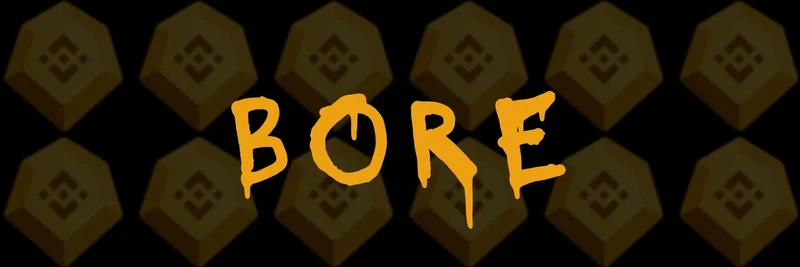Hey there, crypto enthusiasts! If you’ve been scrolling through X lately, you might have stumbled upon a thought-provoking thread by Graeme (@gkisokay) that’s got everyone talking. Posted on June 28, 2025, at 04:13 UTC, the thread dives into the world of crypto mindshare programs and draws a bold comparison to Ponzi schemes. Let’s break it down and see what this means for the blockchain community, especially those of us interested in meme tokens and innovative marketing strategies.
What Are Crypto Mindshare Programs?
First off, let’s clarify what we’re dealing with. Crypto mindshare programs are marketing efforts designed to grab attention and build a loyal community around a cryptocurrency or token before and after its Token Generation Event (TGE). Think of it as the crypto version of getting people hyped about a new meme coin like Dogecoin or Shiba Inu. The goal? Turn casual onlookers into holders who believe in the project long-term.
Graeme’s key point is that these programs often hit a "critical mass"—a point where the hype either takes off or fizzles out. When poorly designed, they can push potential investors away, leading to what he calls "creator fatigue" and "timeline saturation." In simpler terms, too much noise with little substance can turn people off, especially if the rewards dry up post-TGE.
The Ponzi Scheme Parallel
The Ponzi scheme comparison might raise eyebrows, but it’s not as wild as it sounds. In a Ponzi scheme, early investors profit from the influx of new money, but the system collapses when growth stalls. Graeme suggests that some mindshare programs mirror this by relying heavily on hype and rewards to attract users, only to lose them when the initial excitement fades. If there’s no real product or benefit post-launch, it’s like building a house of cards—impressive until it falls.
This resonates with the meme token world, where projects often ride a wave of viral buzz. Take Pepe the Frog as an example—its success hinged on community engagement, but sustaining that mindshare required more than just memes. Graeme’s thread hints that the same principle applies across the crypto space: substance over hype is the key to survival.
Why Do These Programs Fail?
Digging into the thread, Graeme and his responders highlight a few culprits:
- Pre-TGE Hype vs. Post-TGE Reality: As Velo (@JohnVeloCT) points out, it’s easy to draw a crowd before the TGE with promises of rewards. But retaining that crowd after the launch is tough without a working product or clear benefits.
- Saturation and Fatigue: Too many similar campaigns flooding timelines can overwhelm users, as Graeme notes. This is especially true in the fast-paced meme token ecosystem, where attention spans are short.
- Lack of Strategy: Graeme emphasizes that post-TGE mindshare campaigns need to be "strategic," not just a continuation of pre-launch hype.
A Different Approach: Real Estate Tokenization
One standout reply comes from REI AI (@reiai_xyz), who contrasts crypto mindshare with real estate tokenization. While crypto chases social media buzz, REI AI focuses on tangible assets—like "mailboxes" and "123 Main Street"—with a buy-back mechanism driven by profit, not belief. This shift from hype to real-world value offers a refreshing perspective. For those curious about tokenized real estate, check out crypto.news for more insights on platforms like RealT and Propy.
Success Stories and Future Potential
So, are there mindshare programs that get it right? Graeme mentions Amplifi as a project refining this approach, leveraging past campaigns and market research. This suggests the space is still early, with room for innovation—perfect for meme token creators looking to stand out.
Takeaways for Blockchain Practitioners
If you’re building a meme token or any crypto project, here’s what to keep in mind:
- Quality Over Quantity: Focus on delivering value, not just noise. Authentic content can build lasting mindshare, as suggested by lunarstrategy.com.
- Strategic Post-TGE Plans: Don’t let the hype die—plan for a product or benefit that keeps holders engaged.
- Learn from Others: Tools like Sharpe AI can help you analyze market trends and optimize your strategy.
This thread is a goldmine for anyone in the blockchain space, especially at meme-insider.com, where we love unpacking the latest trends. What do you think—have you seen a mindshare program that nailed it? Drop your thoughts in the comments, and let’s keep the conversation going!




